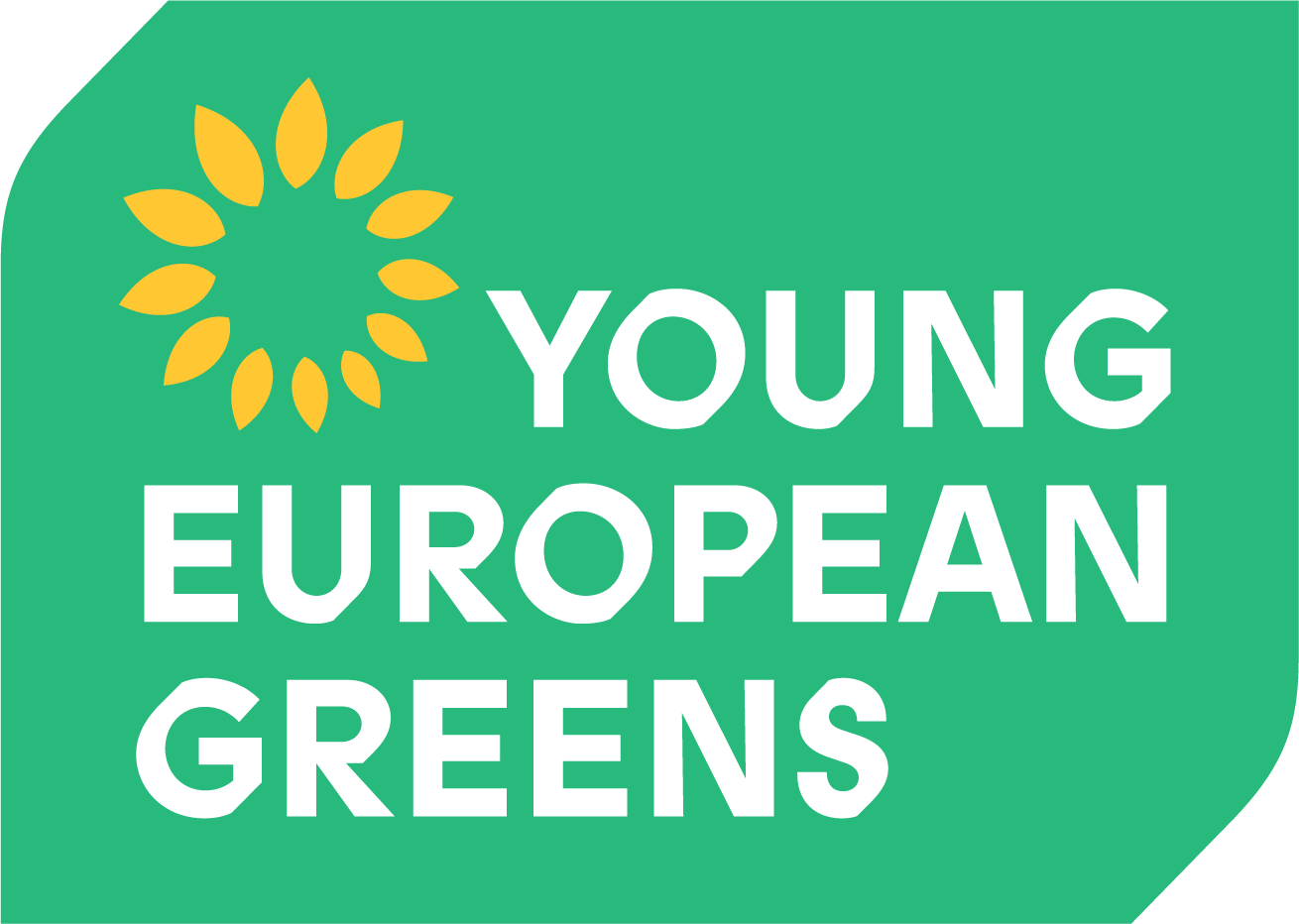| Consultation: | FYEG General Assembly 2024 |
|---|---|
| Agenda item: | 6. Resolutions |
| Proposer: | Juventud Verde |
| Status: | Withdrawn |
| Created: | 07/24/2024, 21:09 |
R8: FYEG stands firm in supporting the liberation of the people.
Motion text
For years, the world has been shaped by European
and American politics; it’s time to give the
Global South a prominent space in global
decision making processes.
Europe has been a key-maker throughout History, and behind its back lies
intricate power dynamics that have not only impacted European soil, but also the
different countries of the Global South. At the end of the XVth century, the
formation of the first nation-states reshaped the European map based on ethno-
linguistic characteristics, creating what Benedict Anderson describes as
"imagined communities." For historians, the creation of the nation-state came
with the establishment of a permanent military force and the instauration of
authoritarian monarchies. This concept is deeply rooted in notions of war,
protectionism, and the expansion of communal values—an ideology in stark
contrast to the globalized world we inhabit today.
The process of globalization has largely failed, exacerbated by neoliberal
theories. Rather than fostering unity, globalization has fueled the nationalist
rhetoric, as seen in Russia’s illegal invasion of Ukraine, Israel’s destruction
of Gaza and Palestine, or Morocco's invasion of the Western Sahara—conflicts
deeply rooted in the manipulation of historical narratives that only serve the
capital and authoritarian regimes. The Global South has borne the brunt of
globalism's failures. In Congo, for instance, European, Chinese (controlling up
to 15 cobalt mines, according to Al Jazeera*) and Arabian funded companies are
violently extracting natural resources from one of the world's richest mineral
reserves, perpetuating ongoing genocide; this exploitation not only enslaves
local communities (generally children), but also exacerbates the climate crisis
through deforestation, pollution, and biodiversity loss.
The privileges we have as citizens of the Global North have been sustained
mainly by the exploitation of other regions, as well as their natural and human
resources, especially by colonial dynamics. FYEG is committed to challenging
these organizations and demanding they cease their activities in these regions.
We are also committed to supporting the liberation processes in the Global
South, which is a collective responsibility of the Global North citizens.
The war in Ukraine has caused severe environmental and social consequences,
including infrastructure destruction, displacement of millions, and extensive
ecological damage. Similarly, the conflict in Palestine has led to significant
environmental degradation, affecting water supplies, agriculture, and waste
management systems in Gaza. In Congo, rampant resource exploitation has resulted
in deforestation, biodiversity loss, and severe pollution, alongside immense
human suffering. This underscores the critical need for ecological preservation
and equitable resource distribution, ensuring local communities benefit from
their natural wealth. In the Western Sahara, the prolonged conflict and
occupation have led to significant socio-ecological impacts, including
desertification and restricted access to natural resources for the indigenous
Sahrawi people. The Artsakh-Nagorno conflict has also caused significant
ecological damage from military activities. Addressing these conflicts through
an ecosocialist lens is a must, and the only real solution to transition into a
world where sustainability, social justice, and ecological preservation are
paramount, rejecting any neoliberal approaches in favor of more human-centered
and environmentally conscious solutions.
At FYEG, along with all member organizations, we must advocate for the
decolonization of our minds, History, and economies. This is a crucial step to
counteract the nationalist rhetoric that has caused immense suffering and
destruction in Ukraine, Palestine, Congo, Artsakh-Nagorno, Western Sahara, and
many other communities. We strive for a world without dangerous borders, where
no human being is deemed illegal, and where globalization projects reject
neoliberal theories in favor of more human-centered approaches.
FYEG serves as a vital platform with the responsibility to amplify the needs of
racial communities and act as a catalyst for change within the European sphere,
including influential spaces like the European Youth Forum. Through this
resolution, we commit to efficiently and proactively support racial movements,
providing a space for meaningful discussion, and educating ourselves on the
impact our imperialistic and colonial policies had (and still have) on the
Global South. We pledge to be a force for equitable and inclusive change,
ensuring that our policies align with the aspirations, philosophies and
teachings of the indigenous people to the land affected.
References:
Reason
From Juventud Verde, we wanted to open the discussion about imperialism, and the way the politics we design in the Global North. This resolution is broad, intentionally, as it is thought to be the starting point for a deeper discussion.
Supporters
- Salih Tuna (Genç Yeşiller)
